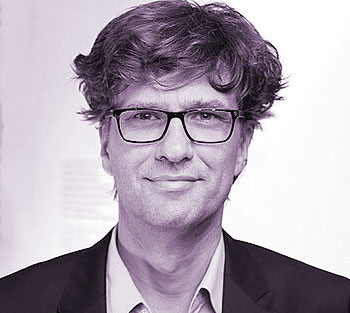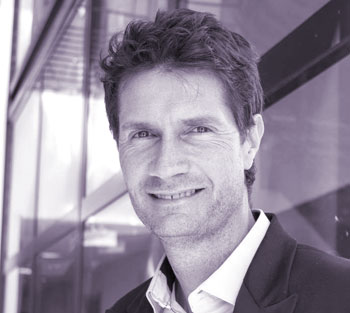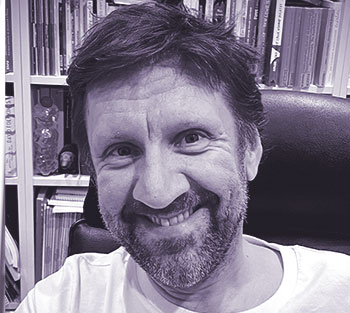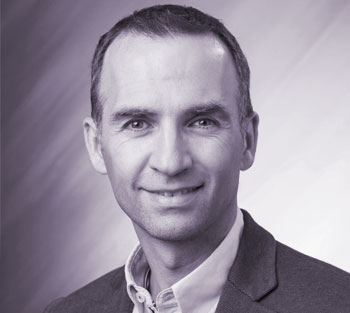Open Lecture 1 – 6G Network AI

In an effort to share the progress and results of the work performed within the one6G Association with the extended one6G community, one6G launches a series of open lectures. The 2-hour online lectures will be open to anyone interested in the world’s journey toward 6G.
The first open lectures features presentations delivered by high-level speakers and interactive Q&A sessions on the subject “6G Network AI”.
Attendance is free but registration is mandatory. Please fulfil the registration form clicking on the button below.
AGENDA
14:00 Welcome & opening
14:05 “The road from 5G to 6G: Challenges ahead and potential approaches from the perspective of the 6G Research and Innovation Cluster (6G-RIC)”

Slawomir Stanczak
Head of Wireless Communications and Networks Department at Fraunhofer
14:30 “Robot-augmented data harvesting, sensing, and localization for 6G networks”

David Gesbert
Director of EURECOM and Professor at the EURECOM Mobile Communications Laboratory
14:55 “Learning the PHY Layer in FDD Systems“

Wolfgang Utschick
Professor at Technical University of Munich
15:20 “Artificial Intelligence for the control and orchestration of mobile networks”

Albert Banchs
Professor at the Univeristy Carlos III of Madrid, Deputy director of the IMDEA Networks research institute
